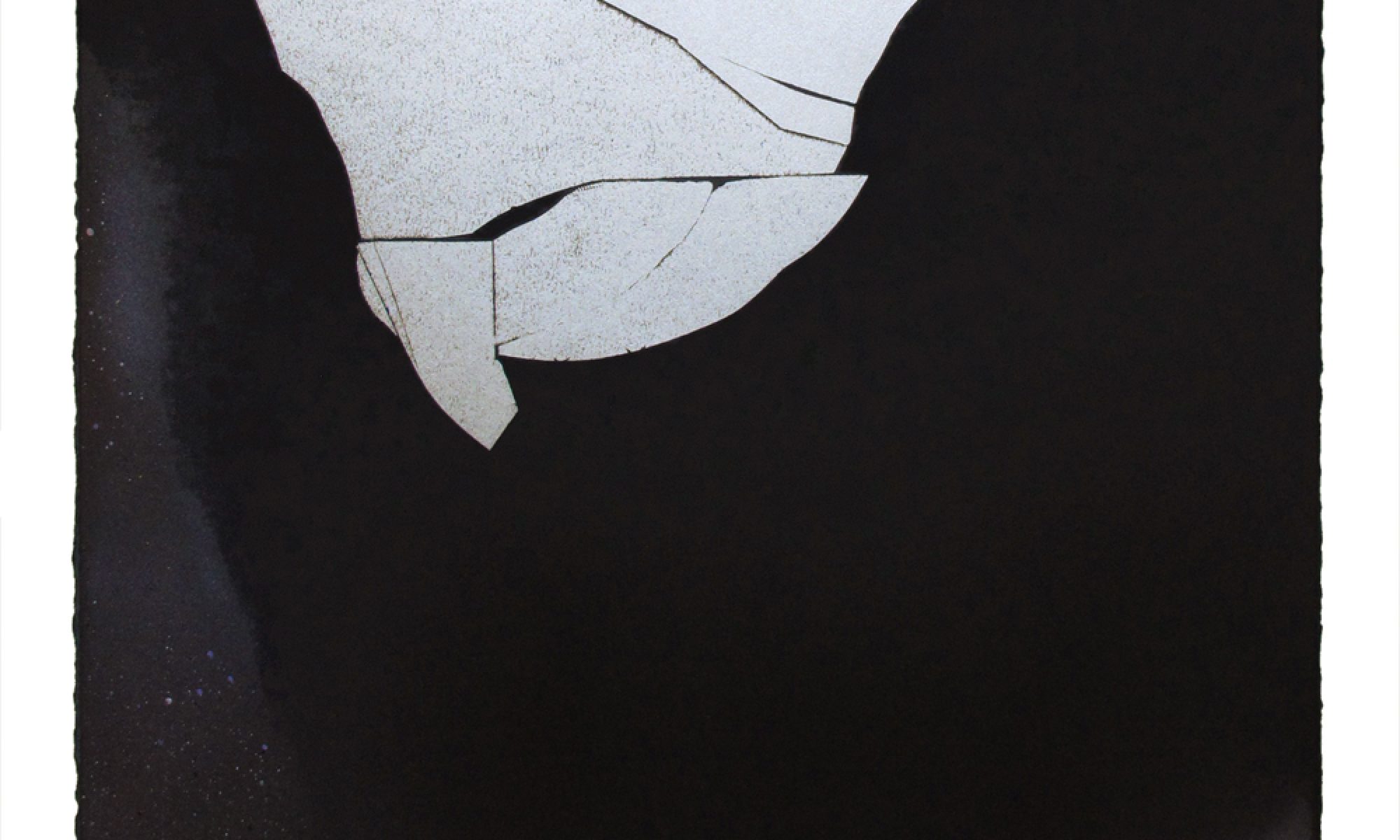“Racism is dead.”
This is a sentiment that is held among quite a number of people in today’s society. To them, America as a whole has moved past its racist history and is moving forward. To the latter, I agree – America is better than it was prior to the Civil Rights Movement. However, that doesn’t mean that there is no racism in America. Racism is not dead.
Racism also extends beyond believing one’s own skin color is superior over another’s. Racism embodies cultural or ethnic superiority complexes as well. Furthermore, everyone harbors racist thoughts from time to time, to a certain degree. This is referred to as an implicit bias and does not necessarily make someone a bad person for having them. However, that being said, it is how we choose to act on those implicit biases that measures the character of who we are.
For my visionary fiction, I chose to conceive a story in which these implicit biases are apparent and held accountable. I also wanted to write a story that touched on recent events so that it would be relevant to the times we live in. In doing so, I decided to focus on the consequences of Donald Trump’s ascent to the presidency. In the time before, during, and after Trump’s appointment as President of the United States, we have already seen instances in which bigotry has been exemplified and even celebrated. A few examples include the controversial “Muslim ban” and his defense of white nationalists. As a result of Trump’s actions, more and more people are becoming less afraid to show their racist views in public. In order to reflect this rise of overt racism, I chose to center the events of my story in a climate that would further escalate tensions.
The setting of my story takes place in 2024, around the time of the presidential elections. The current president, a Democrat, spent a majority of his tenure undoing the divisive actions of Trump’s presidency through reform that encouraged more immigrants to come to the United States, in an effort to attract more talent to the country and boost its affluence. However, just before the presidential elections of 2024, a string of terrorist attacks strike America at its core. News breaks out that the group responsible for the attacks has strong ties to a radical Islamic terrorist organization. As a result, a lot of Americans are outraged for the current President’s lax policy on immigration, essentially stating that he allowed these attacks to happen. When it comes time to the elections, a new contender to the presidency ends up winning the election, largely due to his platform of increasing security in America. Once the new President is elected to office, he passes an executive order that allows him to overstep certain constitutional boundaries for the sake of national security. He names it the Nationalist Act. This act spells bad news for a number of people who belong to minority groups, including the main character, Musa Al-Haqq.
Musa is a Black, Muslim teenager living in Chicago, Illinois during the events of the story. Musa becomes alarmed when the President announces that every person must wear an implant under their skin. The President claims that the artificial intelligence, or AI, housed within the chip will be able to analyze a person’s behavioral and demographic data in order to spot a potential terrorist and prevent the attack from happening, with a success rate of 95%. However, Musa isn’t surprised to hear that a large majority of the America was not opposed to the President’s declaration, given the public’s fear of what happened in the previous months regarding the terrorist attacks. Ever since the attacks, Islamophobia has increased by 400% over the past year. Musa has no choice but to submit to the President’s declaration, because if he doesn’t, then he will be thrown in jail for his dissent.
A few months pass and Musa continues to live his life as he normally would. In fact, the news outlets proclaim that the implant has successfully thwarted 11 terrorist plots before they could be carried out. The public seems to be generally pleased with the President’s plan if it meant that their security was better. However, one day out of the blue, Musa’s implant flags him as a potential terrorist. As a result he is thrown into jail and interrogated by the authorities even though Musa has done nothing wrong.
As it turns out, the AI was predisposed to harbor suspicions against certain “traits.” These included Musa’s race and religion, as he was a Black Muslim. Upon clearing Musa, the authorities free him, but it is not without consequence. The media puts his story on spotlight, as they question the veracity of the AI within the implant. A huge controversy spills over the nation as people argue whether or not it’s okay for one person to suffer if it means that the majority of the people flagged are actually terrorists. After numerous hate mails and racist diatribes directed to him, Musa commits suicide.
The story is supposed to highlight the dangers of implicit biases, especially in a technological setting such as in artificial intelligence. If these systems are not monitored closely, then false positives such as the one in Musa’s case could prove to be harmful, or even deadly. Furthermore, the story is supposed to call attention to the idea that the actions of a handful of people don’t dictate the intentions of the whole group – a concept that many people overlook in today’s society.
